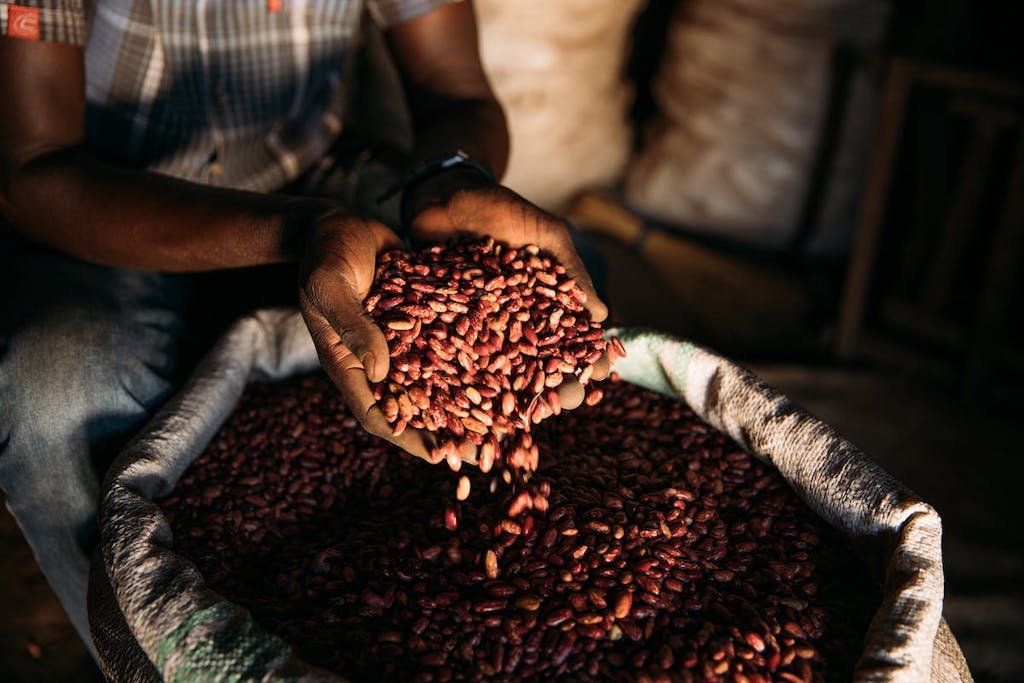As a longstanding friend and partner, Food for the Hungry (FH) commends the United Nations’ World Food Programme (WFP) on their prestigious and distinctive 2020 Nobel Peace Prize award. On October 9, 2020, the Nobel Committee recognized the WFP for their leadership in combating global hunger, which contributes to conditions that promote peace.
This is a timely and deserving award during an unprecedented moment in history. Humanity is currently facing a global health pandemic, and countries are torn apart by armed conflict. Climate shocks are increasing with alarming magnitude and frequency. It is only fitting that the dedicated, tireless staff at the WFP are recognized for their commitment to their commitment to alleviate the suffering of people around the globe. In 2019 alone, the WFP provided assistance to close to 100 million people in 88 countries who are victims of acute food insecurity and hunger.
FH has witnessed firsthand the WFP’s long-standing dedication to alleviating hunger, malnutrition and food insecurity. As a partner of the WFP, we have served together in the shared mission to combat hunger in some of the world’s hardest hit, most unstable, and insecure places. From refugee camps in Uganda, to active conflict areas in South Sudan, Food for the Hungry and the WFP have partnered for decades to provide nutritious food to families on the brink of starvation.

Vital Work in the Midst of COVID-19
When emergencies happen or disaster strikes, the WFP has time and again joined hands with FH to help meet critical, basic human needs – like clean cookstoves, food assistance, and blankets. The WFP has also shown dedication to supporting farmers through local and regional food purchases in order to promote farmers’ livelihoods and support local economies. FH shares these common goals of meeting basic needs and prioritizing local economies.
The WFP’s commitment to combating hunger has been particularly evident in the last six months. Needs are even more acute as COVID-19 has battered some of the world’s most vulnerable populations. Local WFP and FH staff have stood on the frontlines providing life-saving food assistance in places where COVID-19 has decimated local economies, driven up food prices, and lessened overall food availability. The WFP’s Executive Director, David Beasely, alongside anti-hunger advocates like myself, have relentlessly petitioned our nation’s lawmakers to remember the plight of those living in the midst of humanitarian emergencies.
Sadly, after more than a decade of consistent decline in acute hunger and food insecurity, the number of people on the brink of starvation is rising again. In 2019, climate shocks and armed conflicts contributed to 135 million people who suffered from acute hunger – the highest number in years. Add in the COVID-19 pandemic, and projections for the rest of 2020 are even more dire. Experts warn that 265 million people could face acute hunger by the end of year.
We Are God’s Hands and Feet
However, the story does not end here. I have full faith that the WFP, alongside humanitarian organizations like FH, will continue to lean into these challenging times. God has designed us to be His hands and feet, especially in times such as these. God has also designed humanity to have plenty to eat and to live in peace. We are grateful for the WFP’s contributions toward promoting both.
You Might Be Interested In These:
3 Ways FH Builds Community Resilience and Disaster Preaparedness
What is the Meaning of “There Will Be No Poor Among You”?
Three Creative Ways to Change the World in 24 Hours


